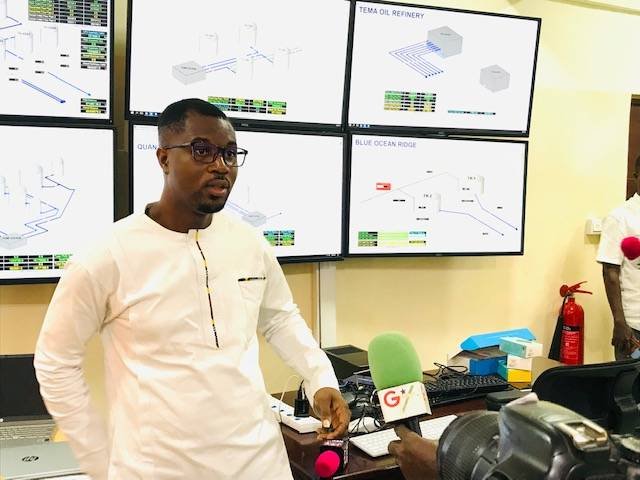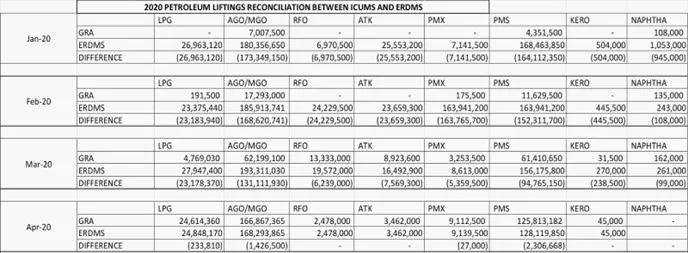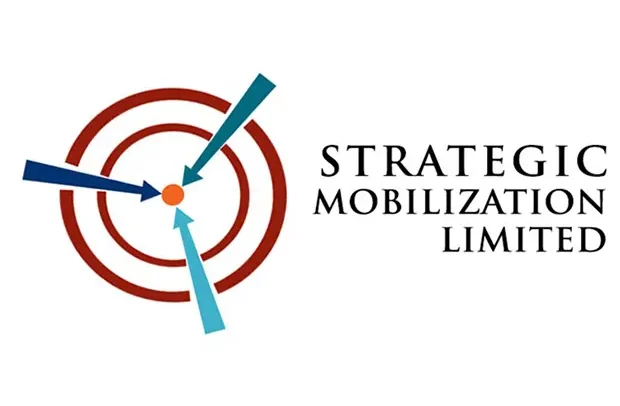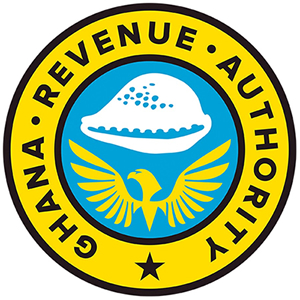
The Ghana Revenue Authority (GRA) has justified its engagement of Strategic Mobilization Ghana Limited (SML) to help enhance revenue in the petroleum upstream and minerals value chain sectors saying the company’s work has led increased revenue.
“The work of SML over the period has led to a significant increase in the figures reported in the downstream petroleum sector, from an average of 350 million litres per month in 2018 and 2019, to 450 million litres per month from 2020/2021.
This represents over a 33 per cent increase in volume reporting and an average of an extra 100 million litres per month at a levy rate of GHS1.44p. The extra revenue variance gained for the two years will exceed GHC3 billion. This performance is attributable mainly to the introduction of ICUMS and SML systems,” a statement issued by the GRA in Accra yesterday explained.
Prior to the engagement of SML, the GRA said, it operated a manual system for the measurement of fuel in depots.
The use of dipsticks for measurement was archaic and posed a risk to officers who climbed a ladder to measure the fuel in the tankers. It was inefficient and prone to revenue leakages.
Currently, it noted that, oil deposited by the Bulk-Oil Distribution Companies in the depots was measured by SML with the aid of sensors installed on the depots (Red flow metre adding that during offloading from the depots, SML again measures all the various liftings of the Oil Marketing Companies (OMCs).
The statement said all information were captured and reconciled with data from the ICUMS together with the GRA petroleum unit.
“SML in the petroleum sector provides additional data independent of the Customs ICUMS data capable of validating anomalies in quantities imported, discharged and accounted for by way of taxes,” it added.
The revenue assurance exercise undertaken by EY Ghana and the Revenue Assurance and Compliance Enforcement (RACE) of the Ministry of Finance confirmed systemic deficiencies in the accounting and collection of petroleum taxes between 2015 and 2020.
Earlier, it said, the mode of transmission of data from various sources and systems was fraught with inconsistencies resulting in loss of revenue.
The statement noted that the consolidated contract with SML on the petroleum upstream and mineral and metal value chain sectors, which was a risk-reward contract seeks to bring efficiency in Revenue Assurance Services provided to GRA.
“SML per the contract is required to provide resources for the execution of the contract. By implication, if there is no value addition, SML is not paid. In short, the principle of risk and reward is the fulcrum of the contract.
The Contract is for five years and is performance-based and approved under Section 40 of the Public Procurement Act, Act 663, 2003. The Board and Management affirm that all legal and proper processes were followed in procuring the services of
SML,” it stated.
SML, the statement said, solely financed the capital expenditures and cutting-edge technology that wasemployed in the monitoring and auditing services provided to GRA in the downstream petroleum sector.
With the introduction of various initiatives, technology, and revenue assurance measures such as this, the added that, the GRA would continue to see a significant increase in revenue such as the about 50 per cent year-on-year increase in revenue this year.
“GRA will continue to explore more methods of blocking leakages and increasing compliance to enable us to attain a national Tax to GDP ratio of over 18 per cent,” the statement explained.
BY TIMES REPORTER
The post SML’s work has led to increase in revenue in downstream petroleum sector – GRA appeared first on Ghanaian Times.
Read Full Story























Facebook
Twitter
Pinterest
Instagram
Google+
YouTube
LinkedIn
RSS